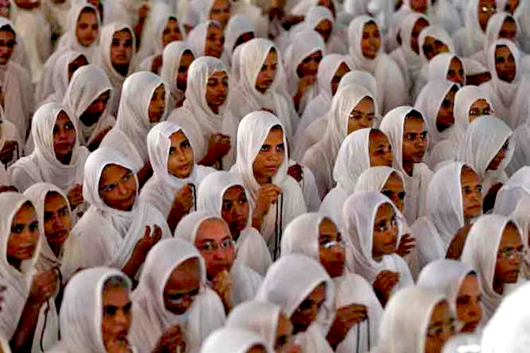As the Indian workforce navigates a shrinking job market in lockdown times, two in five professionals believe that the number of jobs and scheduled interviews will decrease in the next two weeks, a new LinkedIn survey said on Tuesday.
The news comes as bittersweet for Indian professionals as more than one in three stated they will now spend more time working on their resumes and preparing for interviews.
Professionals from healthcare, manufacturing and corporate service industries anticipate a decrease in personal spending and personal investments in the next six months, according to the findings of the fortnightly LinkedIn Workforce Confidence Index based on responses from 2,903 professionals in the country.
This findings showed that while India's overall confidence remains steady, the country's confidence in jobs is beginning to trend downward.
However, employees at large enterprises (firms with over 10,000 workers) are more confident about the future of their employers when compared to their peers from mid-market and SMB companies.
The findings showed that 41 % of enterprise professionals think their companies will do better in the next six months, while 63 % think their companies will be better off one year from now.
However, "the enterprise professionals are least confident about the future of their jobs, finances and careers, when compared to their SMB and mid-market peers".
The findings showed that 52 % of healthcare, 48% of corporate services, and 41 % of manufacturing professionals anticipate a decrease in investments in the next 6 months.
Over the past three months, many organizations have shifted to a remote working model to circumvent the pandemic and ensure business continuity.
Three in five marketing professionals feel confident about being effective when working remotely, joined by more than half of project management and engineering professionals, who are also confident about the effectiveness of remote working.
In contrast to this optimism, only 39 % of HR, 36% of finance, and 31 % of education professionals think they would be effective when working remotely, said the survey.






Comments
Add new comment